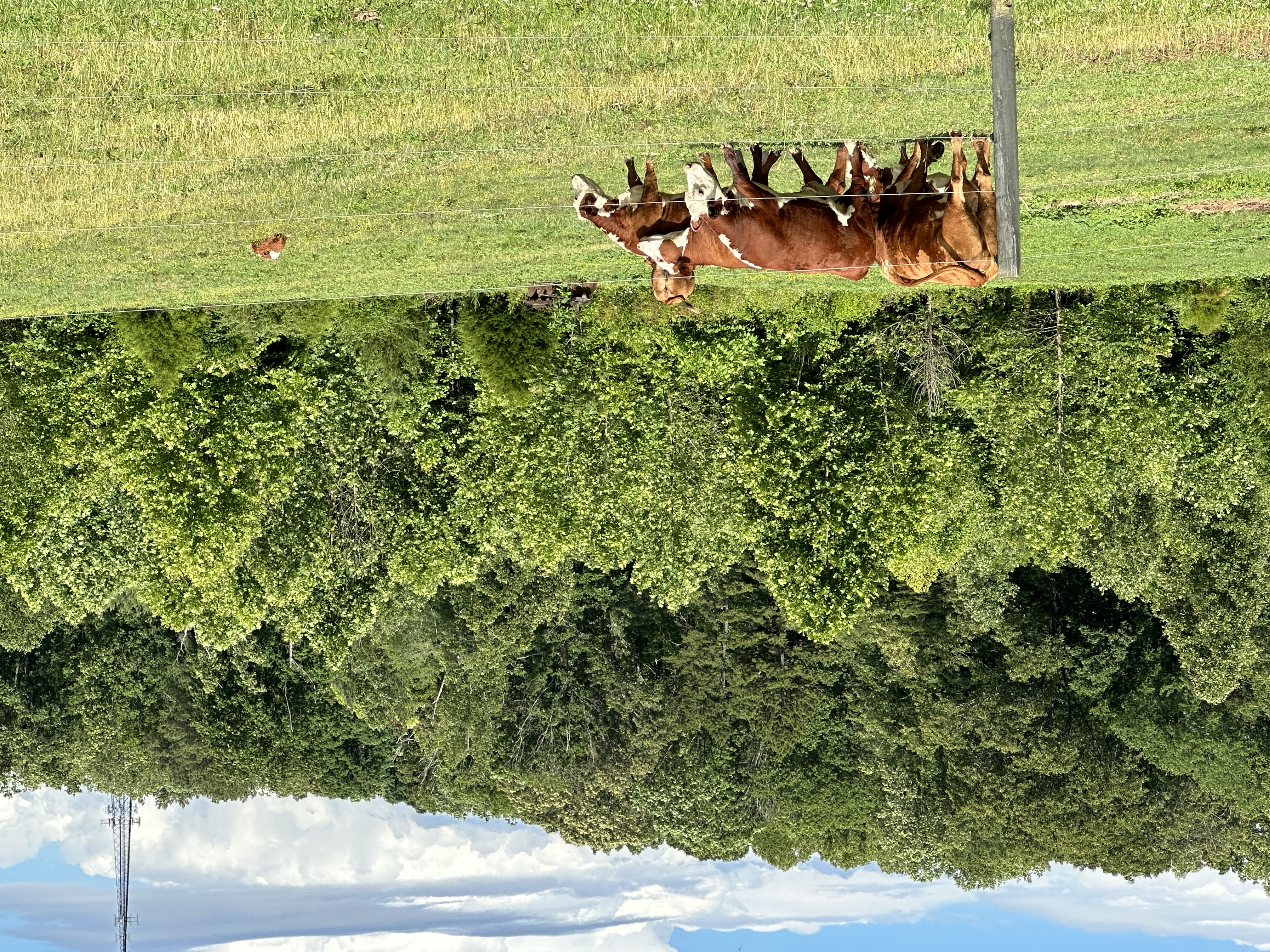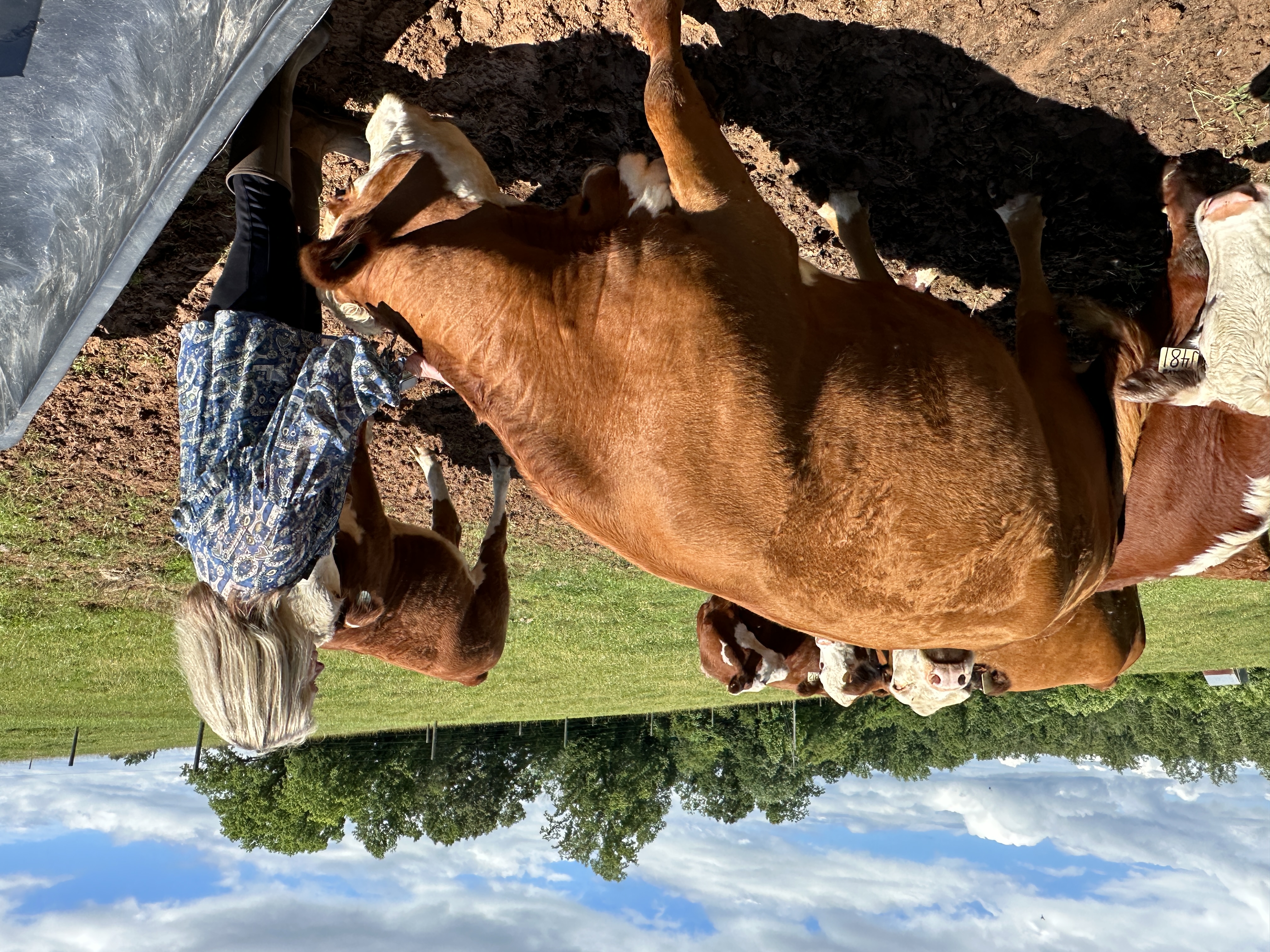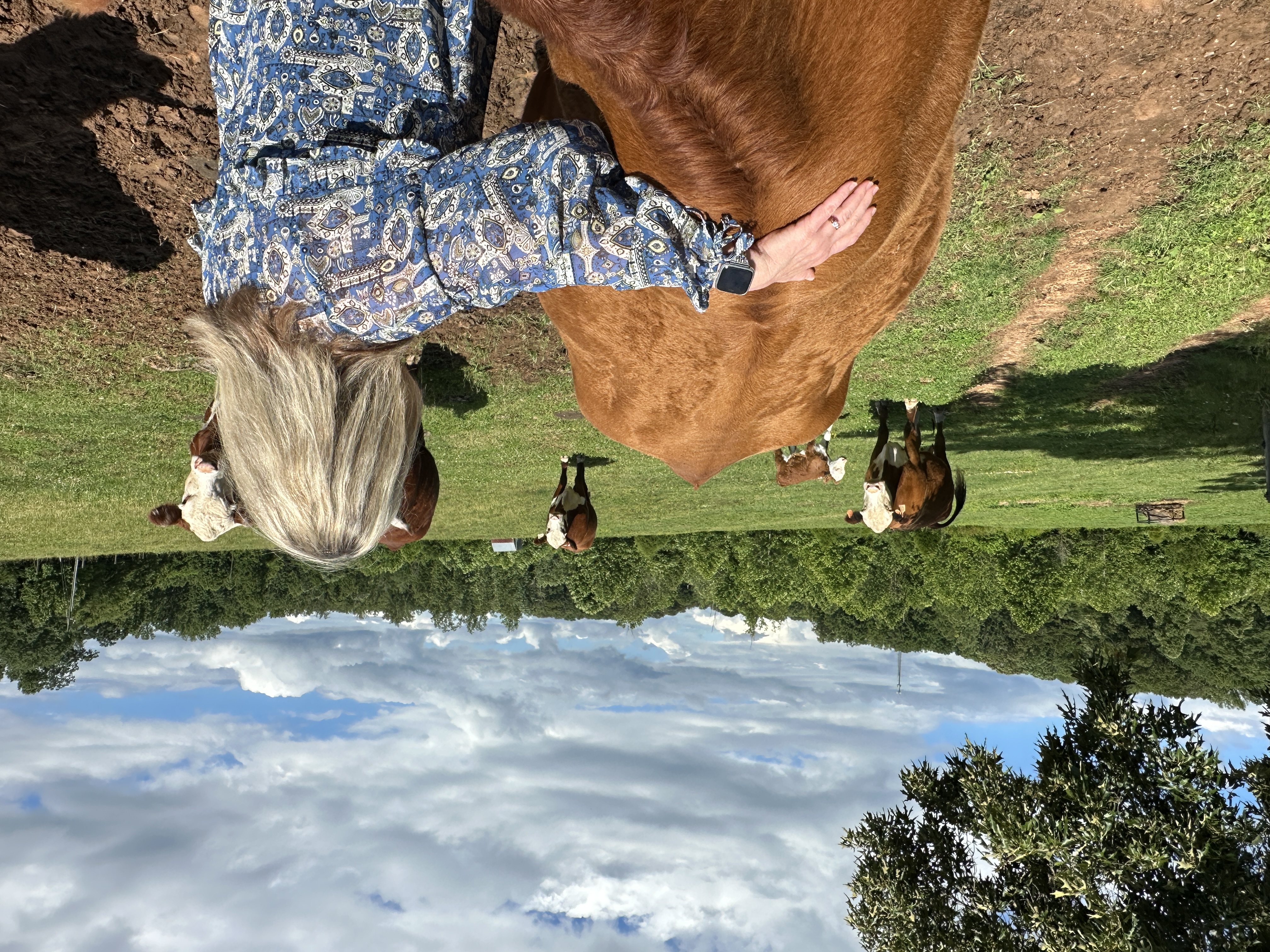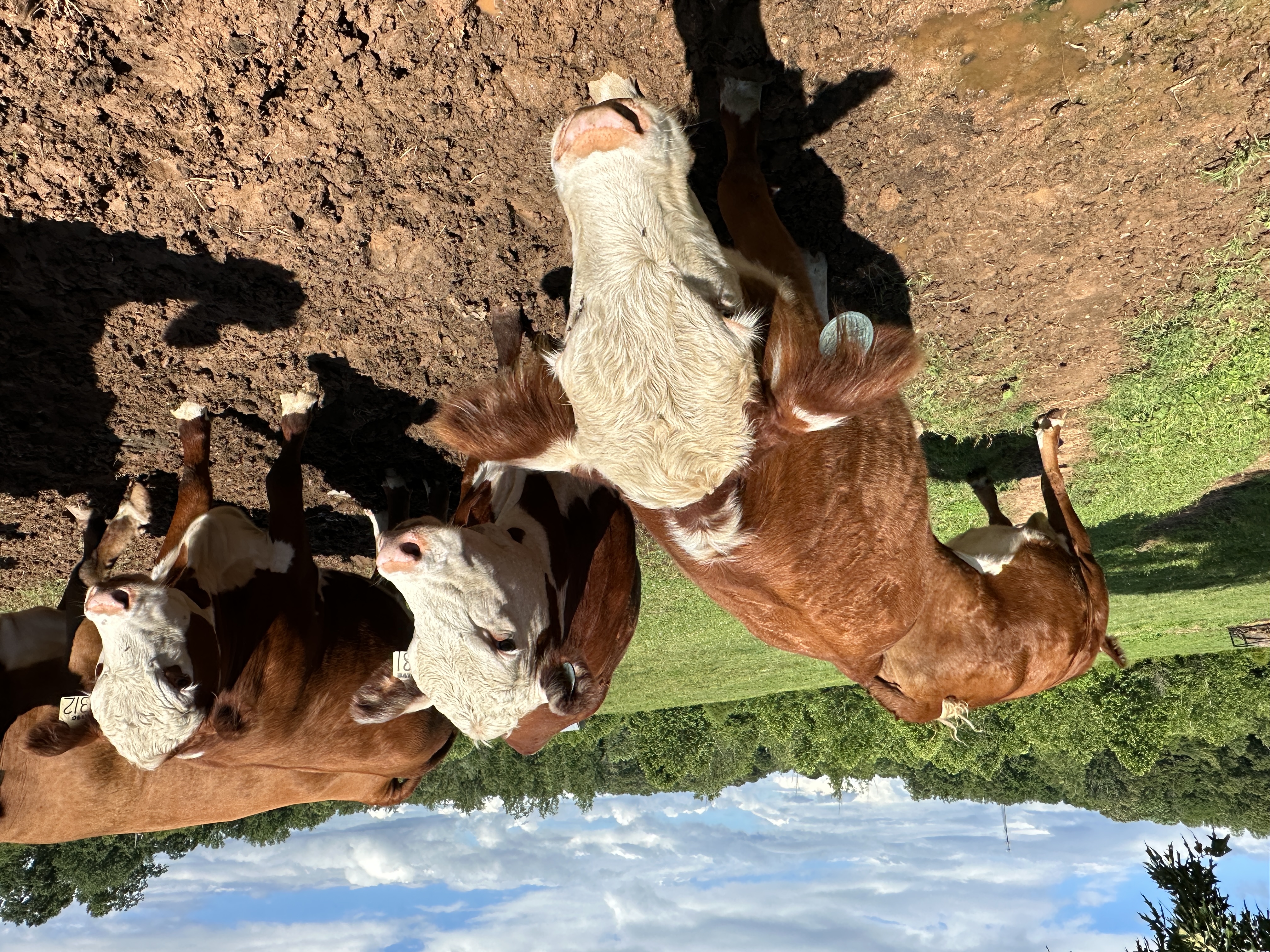Windmill Acres East
go.ncsu.edu/readext?943053
en Español / em Português
El inglés es el idioma de control de esta página. En la medida en que haya algún conflicto entre la traducción al inglés y la traducción, el inglés prevalece.
Al hacer clic en el enlace de traducción se activa un servicio de traducción gratuito para convertir la página al español. Al igual que con cualquier traducción por Internet, la conversión no es sensible al contexto y puede que no traduzca el texto en su significado original. NC State Extension no garantiza la exactitud del texto traducido. Por favor, tenga en cuenta que algunas aplicaciones y/o servicios pueden no funcionar como se espera cuando se traducen.
Português
Inglês é o idioma de controle desta página. Na medida que haja algum conflito entre o texto original em Inglês e a tradução, o Inglês prevalece.
Ao clicar no link de tradução, um serviço gratuito de tradução será ativado para converter a página para o Português. Como em qualquer tradução pela internet, a conversão não é sensivel ao contexto e pode não ocorrer a tradução para o significado orginal. O serviço de Extensão da Carolina do Norte (NC State Extension) não garante a exatidão do texto traduzido. Por favor, observe que algumas funções ou serviços podem não funcionar como esperado após a tradução.
English
English is the controlling language of this page. To the extent there is any conflict between the English text and the translation, English controls.
Clicking on the translation link activates a free translation service to convert the page to Spanish. As with any Internet translation, the conversion is not context-sensitive and may not translate the text to its original meaning. NC State Extension does not guarantee the accuracy of the translated text. Please note that some applications and/or services may not function as expected when translated.
Collapse ▲ Neil and Karen Fishel are 3rd generation cattle farmers. Their farm driveway leads between two pastures of rolling green pasture scattered with contented Hereford beef cattle in Kernersville, NC. The Fishel family story actually begin west of there in Winston-Salem where Neil’s grandfather began in the Hereford industry and Neil grew up showing cattle.
Neil and Karen Fishel are 3rd generation cattle farmers. Their farm driveway leads between two pastures of rolling green pasture scattered with contented Hereford beef cattle in Kernersville, NC. The Fishel family story actually begin west of there in Winston-Salem where Neil’s grandfather began in the Hereford industry and Neil grew up showing cattle.
As Karen described the value of livestock showmanship she discussed the opportunity youth have to show an animals’ genetic ability, knowing the basic skills of the show ring, and displaying the animal’s strengths and minimizing the animal’s weaknesses. Youth engaged in this discipline learn halter breaking, nutrition, daily care for a living creature and grooming. The culminating hard work done throughout the project will be evident on show day. (Oklahoma State University)
 Showing cattle has been a place of celebration for the Fishel family. Karen and Neil met in college. She first began showing cattle in college and ran the NC State show herd for a season. After graduation the couple married in 1992. They were blessed to have four children: Clara, Melanie, Olivia and Wesley.
Showing cattle has been a place of celebration for the Fishel family. Karen and Neil met in college. She first began showing cattle in college and ran the NC State show herd for a season. After graduation the couple married in 1992. They were blessed to have four children: Clara, Melanie, Olivia and Wesley.
Neil and Karen wanted to continue their family tradition and raise their children in a similar fashion as they were raised. When Karen’s family land became available in 2009, they were able to purchase it. Land that had historically been used for field crops such as tobacco was now going to serve cattle. It was named Windmill Acres East to honor Neil’s family farm.
The Fishels built a home in Kernersville, NC and for the first several years, the farm’s focus was on breeding and showing. Their children were also active in this discipline across the state and even the nation. Their daughter Melanie was the 2020 National Hereford Queen and represented the breed in over 20 events and shows throughout the country. This is a highly honorable recognition in the Hereford industry. She is only the 3rd lady from NC to have this honor in the history of National Hereford Queen.
 Now that the children have aged out of showing, Karen has shifted the farm’s focus to developing a business for farm-to-table beef. They recognized the increased appreciation for local food that came as a result of COVID-19’s impact on the food chain. Marketing has been a growth area. Navigating social media and local market partnerships has helped to quadruple their sales since last year.
Now that the children have aged out of showing, Karen has shifted the farm’s focus to developing a business for farm-to-table beef. They recognized the increased appreciation for local food that came as a result of COVID-19’s impact on the food chain. Marketing has been a growth area. Navigating social media and local market partnerships has helped to quadruple their sales since last year.
Geography matters in farming. Farmland is fading and the Fishels cares deeply about preserving agricultural land for future generations. Farms are becoming fewer and fewer in Forsyth County. North Carolina estimates for farmland loss are ranked 2nd in the whole United States, just behind Texas. Loss is estimated to be close to 1.2 million acres under the ‘Business as Usual’ development scenario. The report shares how that can be reduced by the ‘Better Built Cities’ development scenario.
Read more at Farmland at Risk
One preservation effort Karen is currently working towards is having her farm listed as a century farm. While there are no tax breaks or financial incentives for joining this NC Agriculture registration program, farms qualify by having evidence of their family farm being in continuous ownership for 100 years or more. Deeds for Windmill Acres East are on file back to 1918. This family land was once farmed in tobacco with mules. The Fishel family is honored to preserve this tradition.
 Farmers face challenges, such as the prices of feed, fuel and the changing weather. There is also the challenge of misinformation.
Farmers face challenges, such as the prices of feed, fuel and the changing weather. There is also the challenge of misinformation.
- Environmental benefits not burdens of cattle
- Hormones and antibiotics
- Waste products turned into quality beef
In fact, the beef industry benefits the food chain in ways that the general public may not have heard. “The beef industry has a rich history of taking byproducts from other industries and upcycling them into cattle feeds. Corn gluten feed comes from making corn syrup that you and I use everyday in cooking. Citrus pulp comes from the citrus industry. The vegetable industry here in western North Carolina is very strong with tomatoes and cucumbers. We can use the vegetable peels or whole fruit from those industries to upcycle into beef cattle feed.” (NC State Extension livestock specialist Deidre Harmon)
Karen wants people to know the true story. Her cattle are well-treated and given a high quality of life. She is intent on clarity in her communication with customers. One misconception is that the majority of cattle are raised in a feedlot with no grass. In fact, almost all cattle spend the majority of their lives on grass. Windmill Acres East pastures their cattle for their entire lives and their protocol includes grain finishing. The research from N.C. Cooperative Extension explains the quality of this method. Karen also believes in local economic support, sourcing their feed locally from Surry County. In keeping with local economic support, Piedmont Custom Meats is a local butcher that processes the Windmill Acres East beef.
When meeting customers face to face, Karen likes to educate them about marbling, feed and economics. Investing in local farmers also invests in the local community. Community matters to the Fishels. Serving the families around them is a priority. That practice was affirmed in 2017 when their son experienced a medical tragedy and their church and neighbors all came out to support the Fishel family. Even last week, Karen came home to find a heifer in labor and needing assistance. Neil wasn’t home so Karen called a neighbor, who came right over to help.
 The work ethics that all the Fishels learned growing up on farms have been character-developing. Karen currently works in human resources and the challenges she sees are in the people who didn’t get the opportunity to recognize the value of accountability and entrepreneurship. These are just some of the qualities learned in the process of caring for animals on a farm.
The work ethics that all the Fishels learned growing up on farms have been character-developing. Karen currently works in human resources and the challenges she sees are in the people who didn’t get the opportunity to recognize the value of accountability and entrepreneurship. These are just some of the qualities learned in the process of caring for animals on a farm.
If you’re interested in supporting Windmill Acres Farm contact them using the following links:
If you have livestock questions please contact April Bowman, Livestock and Forages Agent, N.C. Cooperative Extension, Forsyth County Center, awbowman@ncsu.edu, 336-703-2855.




